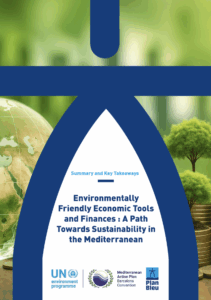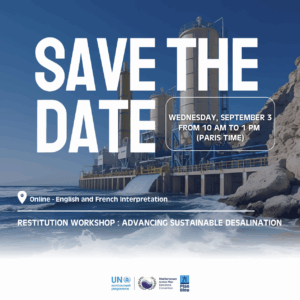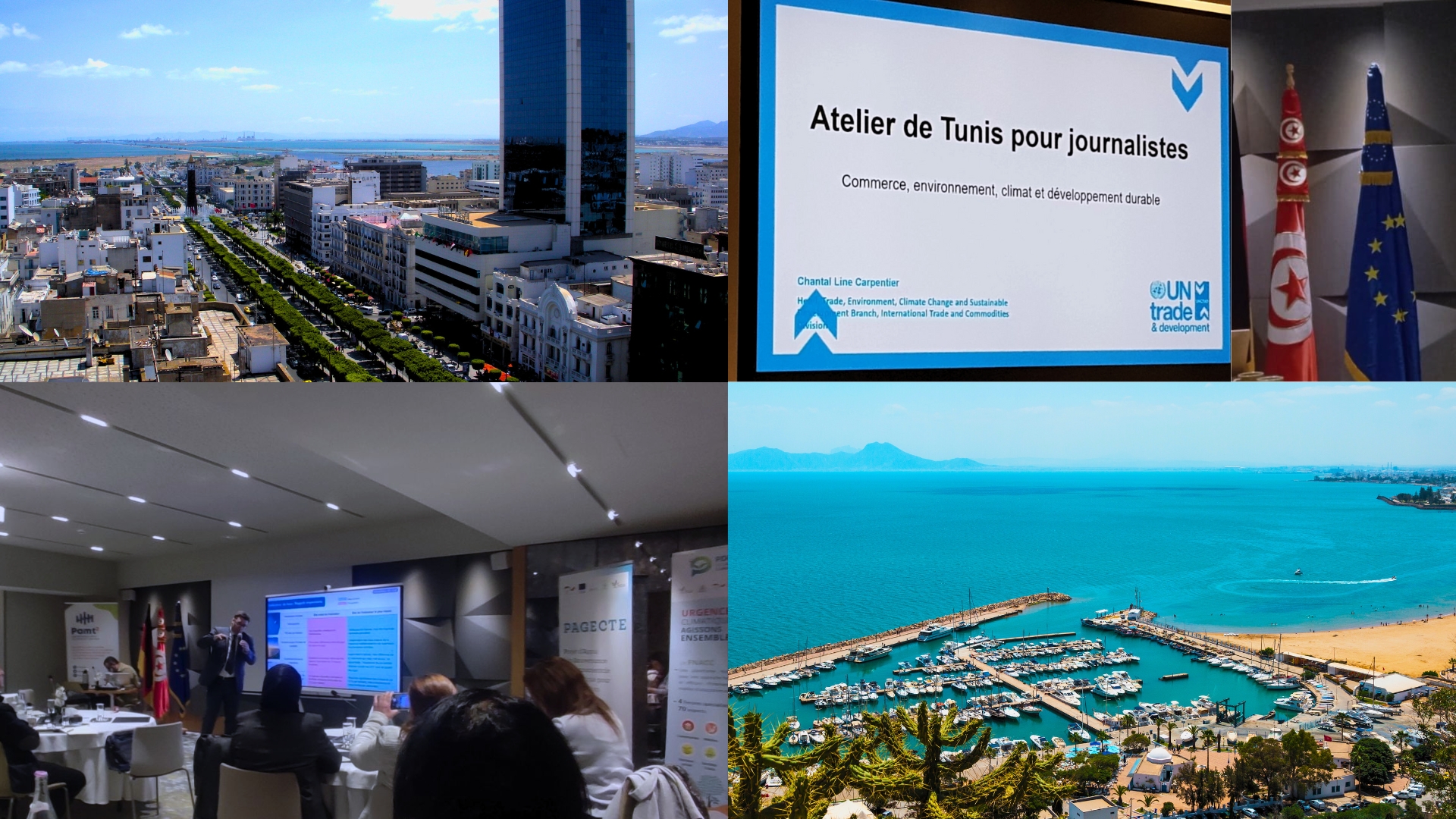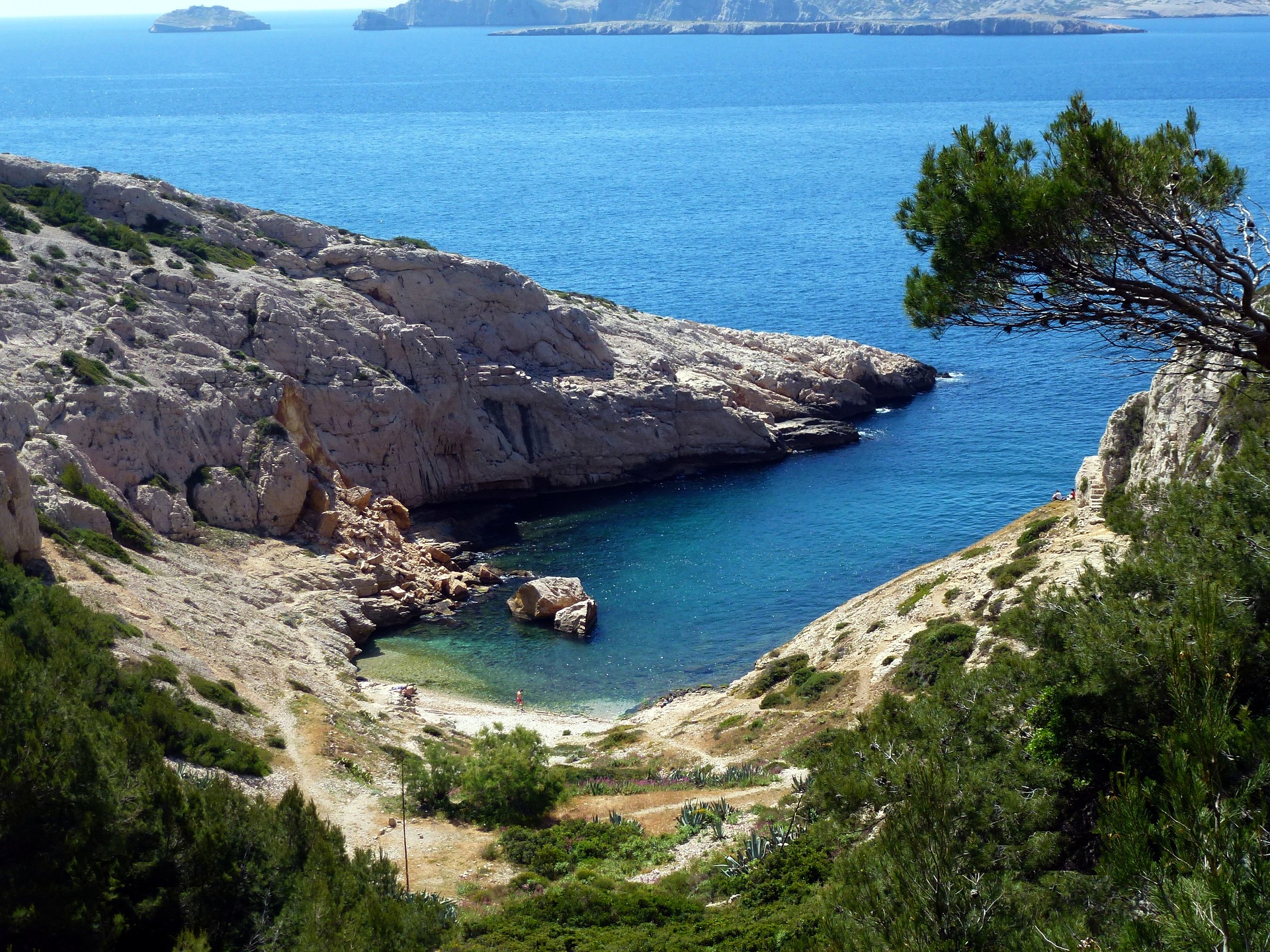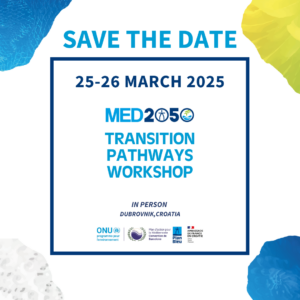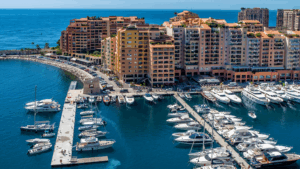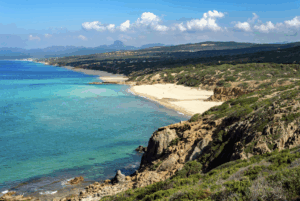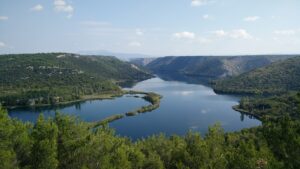
- Plan Bleu
Plan Bleu's missions
Make the Mediterranean a cooperation area for sustainable development
- themes
- projects
- Ressources
- publications
- Events
In the news
Last events
- Plan Bleu
Plan Bleu's missions
Make the Mediterranean a cooperation area for sustainable development

Providing socioeconomics insights for the appropriate management of Mediterranean resources

Facilitate a science – political and civil society interface

Supporting the transition towards a green and blue economy

Design possible futures for sustainable development

Observer of the environment and development to inform governments and the general public
- themes
- projects
- Ressources
- publications
- Events
In the news
Last events




WaterLANDS : Solutions fondées sur l'eau pour améliorer le stockage du carbone, les personnes et la nature sauvage
En savoir plus
Qui sommes-nous
Le Plan Bleu : faire de la Méditerranée un espace de coopération pour le développement durable
Depuis plus de 40 ans, le Plan Bleu produit notamment des études et des scénarios pour l’avenir afin de sensibiliser les parties prenantes et les décideurs méditerranéens aux questions d’environnement et de développement durable de la région.
Nos missions

Providing socioeconomics insights for the appropriate management of Mediterranean resources

Facilitate a science – political and civil society interface

Supporting the transition towards a green and blue economy

Design possible futures for sustainable development

Observer of the environment and development to inform governments and the general public
News
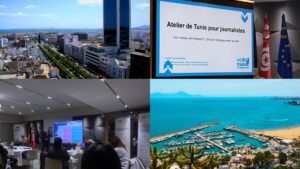
The Journalists’ Workshop in Tunis: Media in Service of Sustainability
From December 2 to 5, 2024, Plan Bleu participated in a workshop organized in Tunis by Africa 21, bringing together around twenty journalists from North Africa. This strategic event provided an opportunity for Robin Degron,
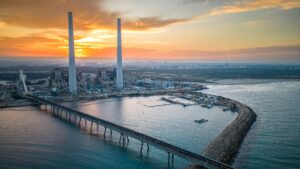
Advancing Sustainable Desalination in the Mediterranean
Plan Bleu is pleased to announce the selection of groundbreaking research papers addressing the future of desalination in the Mediterranean region. This initiative, rooted in the objectives of the Barcelona Convention, highlights the importance of
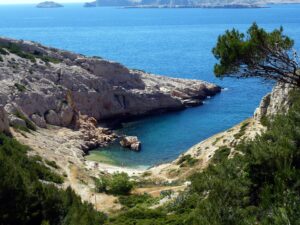
Plan Bleu Pursues Its Key Work on Sustainable Finance: Environmentally Friendly Economic Tools and Finances.
Showcasing the 13 Selected Works on “Economic Tools and Environmentally Friendly Finance: The Path to Sustainability in the Mediterranean” The Mediterranean region is increasingly facing urgent environmental challenges, including climate change, biodiversity loss, water scarcity,
In the news
Last publications
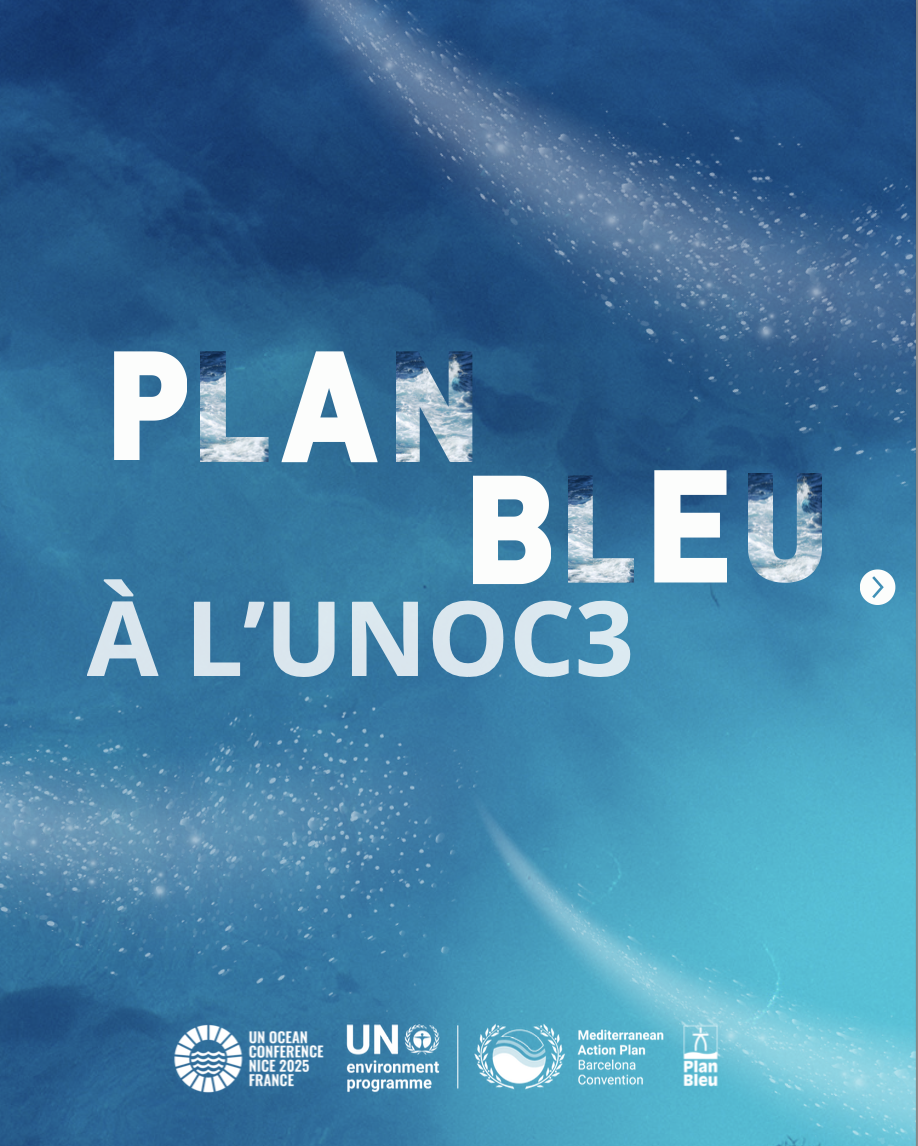
Plan Bleu at UNOC3: Mobilizing for the Future of the Mediterranean
Plan Bleu took part in the 3rd United Nations Ocean Conference (UNOC3) in Nice. The team contributed to several major events to bring Mediterranean issues to the forefront of the global ocean action agenda. Plan …
Read more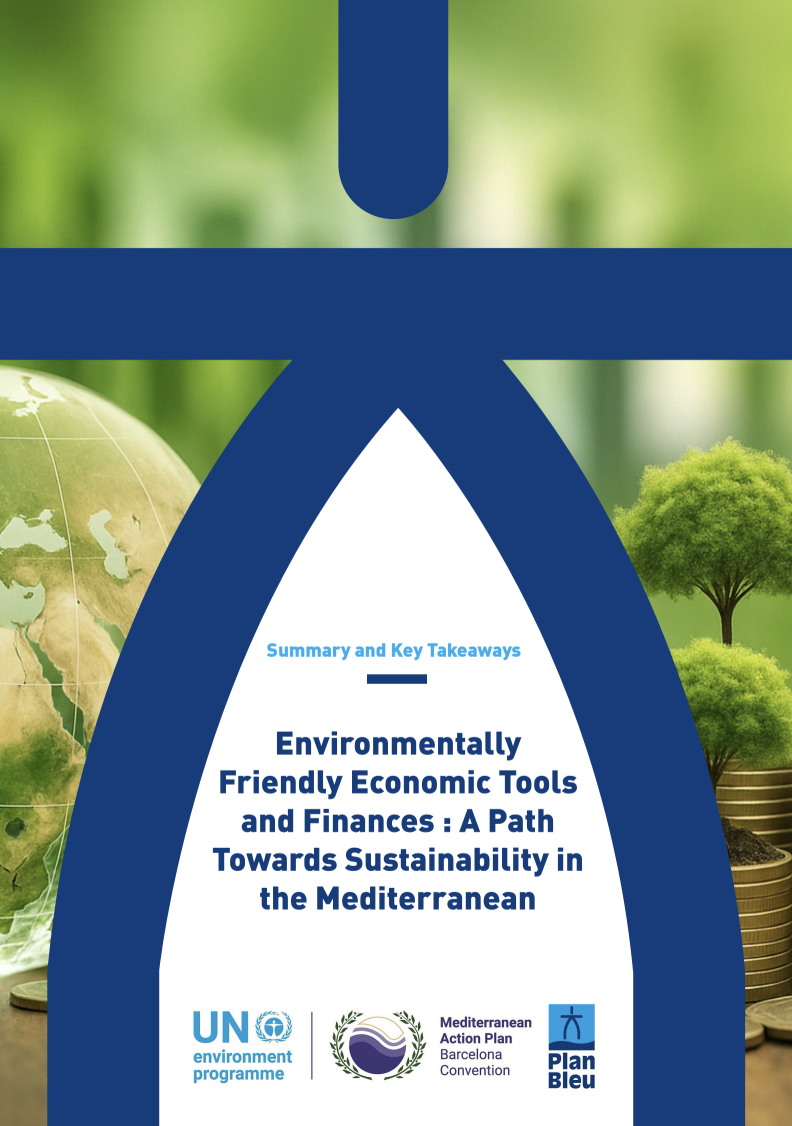
Summary and Key Points of Edited Volume II – Green Finance and Sustainability
As the Mediterranean faces increasing ecological pressures and socio-economic imbalances, the question of the effectiveness of economic and financial instruments in the sustainable transition becomes central. Following the publication of its Edited Volume I on …
Read more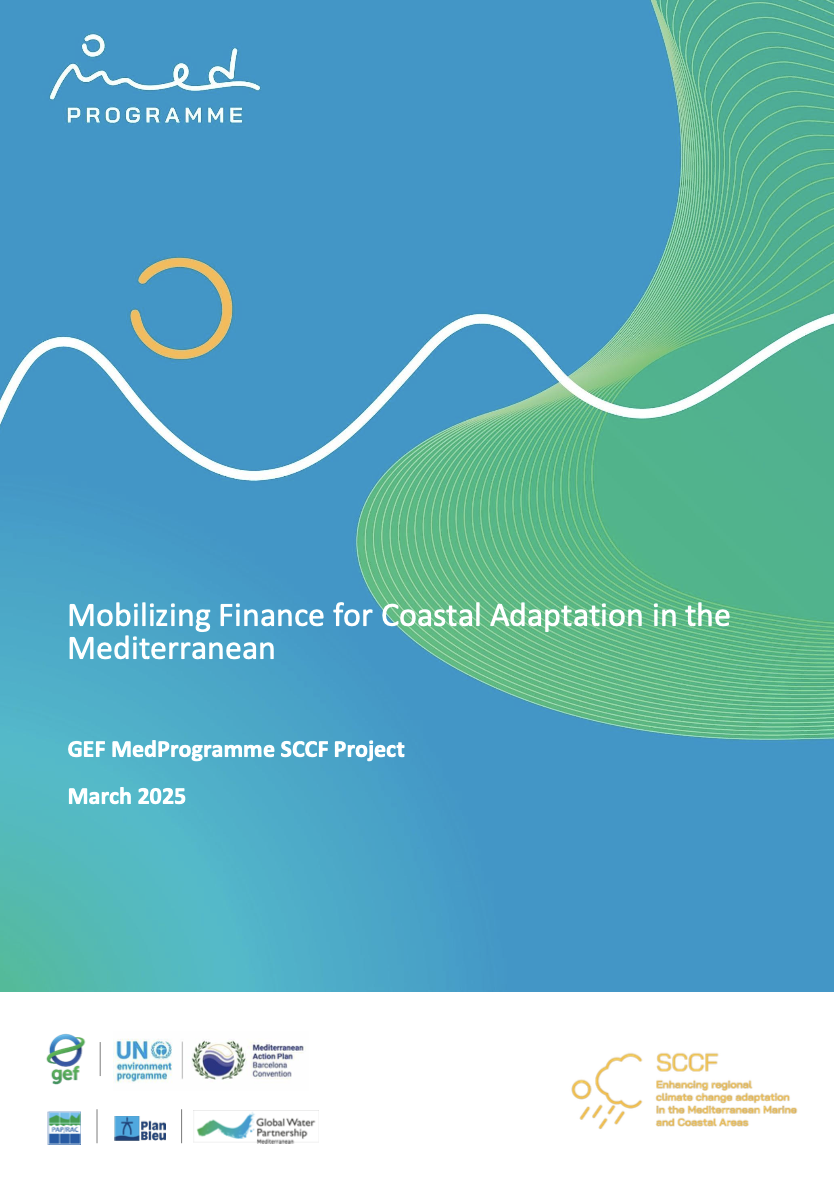
Mobilizing Finance for Coastal Adaptation in the Mediterranean
The Mediterranean is increasingly threatened by rising sea levels, water scarcity and extreme weather events. These challenges place coastal communities and ecosystems at significant risk, especially those reliant on tourism, fisheries, and agriculture, which are …
Read moreMediterranean Countries
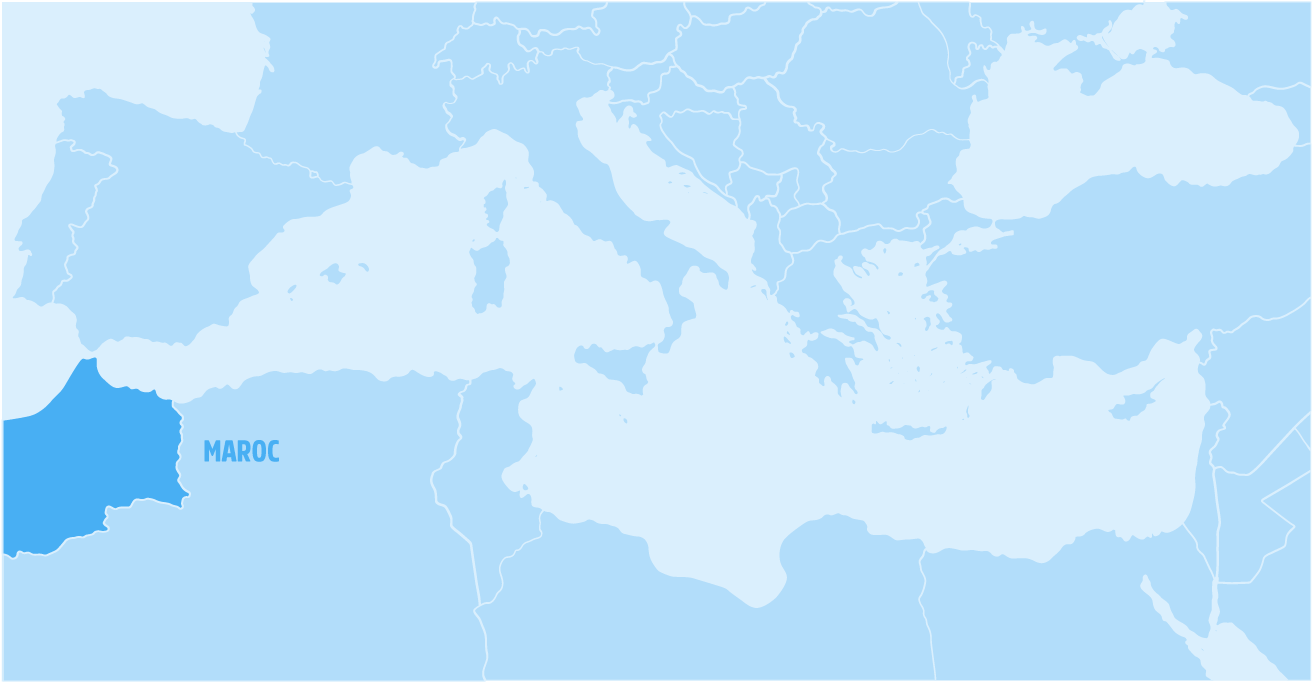
Albania
Algeria
Bosnia-Herzegovina
Croatia
Cyprus
Egypt
France
Greece
Israël
Italy
Lebanon
Libya
Malta
Monaco
Montenegro
Morocco
Slovenia
Spain
State of Palestine
Syria
Tunisia
Türkiye



-
Plan Bleu
Tour la Marseillaise
2 bis, Boulevard Euroméditerranée
Quai d'Arenc
13002 Marseille - France - [email protected]
- +33 (0)6 43 08 20 23
Le site Web utilise uniquement des cookies conformes au RGPD à des fins statistiques et pour améliorer la navigation. Pour en savoir plus, les utilisateurs sont invités à consulter la politique de confidentialité.
La consultation du site Web implique l'acceptation préalable des conditions générales d'utilisation, disponibles ICI.
J’accepte les conditions générales d’utilisation
